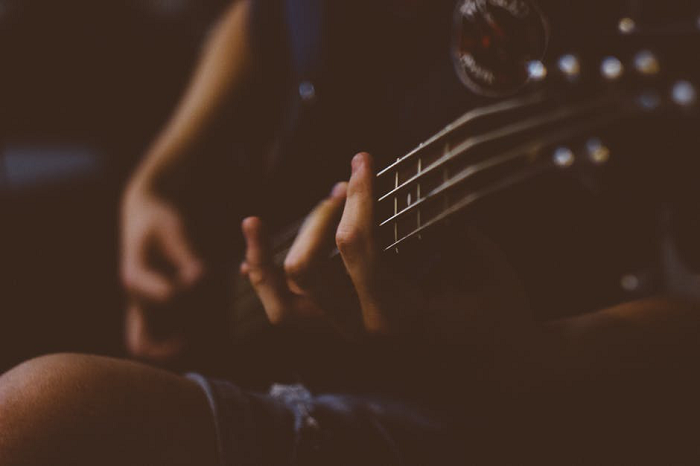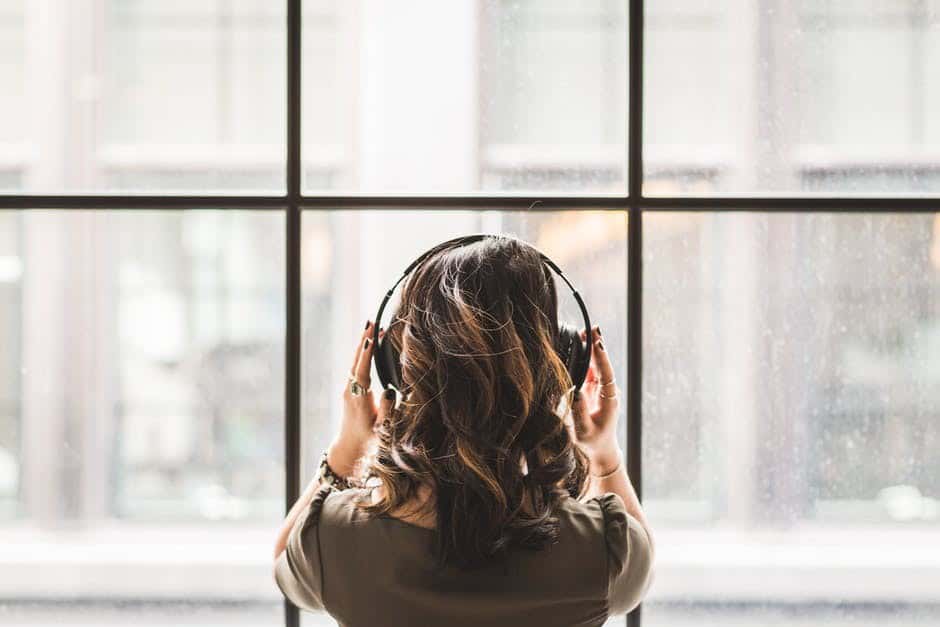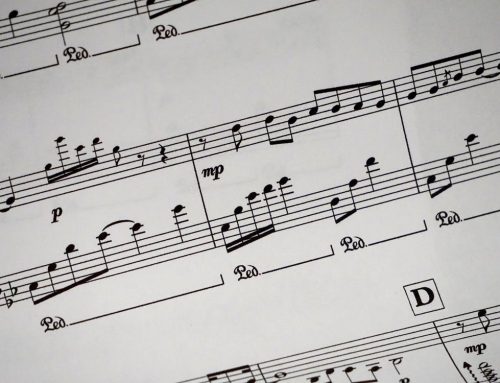“Music is a science, it heals depression, it awakens, most people don’t know, they just take music for an entertainment, something to dance to, and enjoy yourself and you go to bed and forget it tomorrow, music must never be forgotten, it’s like a fountain that keeps on flowing.” – Peter Tosh
Depression is a serious medical condition that affects people from all walks of life, regardless of their age, nationality, or background. According to statistics from the World Health Organization, about 300 million people around the world suffer from depression. In the United States alone, there are approximately 16.2 million adults who have gone through episodes of depression at various points in their life, a number which equates to about 6.7% of all adults in the country!
Despite clinical depression’s prevalence in our society, it’s a subject that has always been surrounded by a lot of stigma. Depression and mental disorders are seen by some people as just ‘weakness,’ as opposed to actual medical conditions. Fortunately, thanks to increased awareness efforts, mental health disorders are being taken much more seriously today.
Scientists and medical practitioners are constantly working to find new and better ways to help those who have depression. In recent times, music therapy has emerged as a burgeoning field in the battle against mental illnesses like depression.
Music Helps You Release & Express Your Emotions
Generally, people who are depressed find it very difficult to connect with their inner emotions and express them in an articulate way. Creating and playing music provides individuals with a way to express and release suppressed emotions and feelings in a non-verbal manner.
Furthermore, music invokes an emotional response by stimulating a desire within people to see themselves, and the world around them, in a different light. This can ease depression, and stimulate people to act and behave differently.

Music Stimulates the Brain
Individuals who have depression find it very difficult to think clearly, concentrate, and make decisions. Music stimulates the brain and enhances concentration and creativity. According to research conducted at Stanford University School of Medicine, music is known to engage areas of the brain involved with paying attention, making predictions, and updating events in the memory.
Music Reduces Blood Pressure
Quite often, depression is accompanied by other mental conditions, such as anxiety disorders. Statistics reveal that nearly 50% of people diagnosed with depression are also diagnosed with an anxiety disorder. Frequent episodes of anxiety are known to cause spikes in blood pressure which can damage your blood vessels, heart, and kidneys over time. Furthermore, anxiety disorder patients are more likely to resort to unhealthy habits such as drinking, smoking, and drugs.
According to research conducted by the American Society of Hypertension, listening to music for half an hour on a daily basis can significantly reduce your blood pressure. This alleviates stress and improves brain function, providing some relief to people who have depression or anxiety.
If you’re going through a low period in your life, picking up and playing your favorite instrument could be one of the best remedies. Music Jotter is music notation software that is loved by professionals and novices alike. It provides all the features you need to compose great music! Download our free demo and see for yourself!






